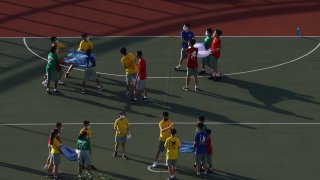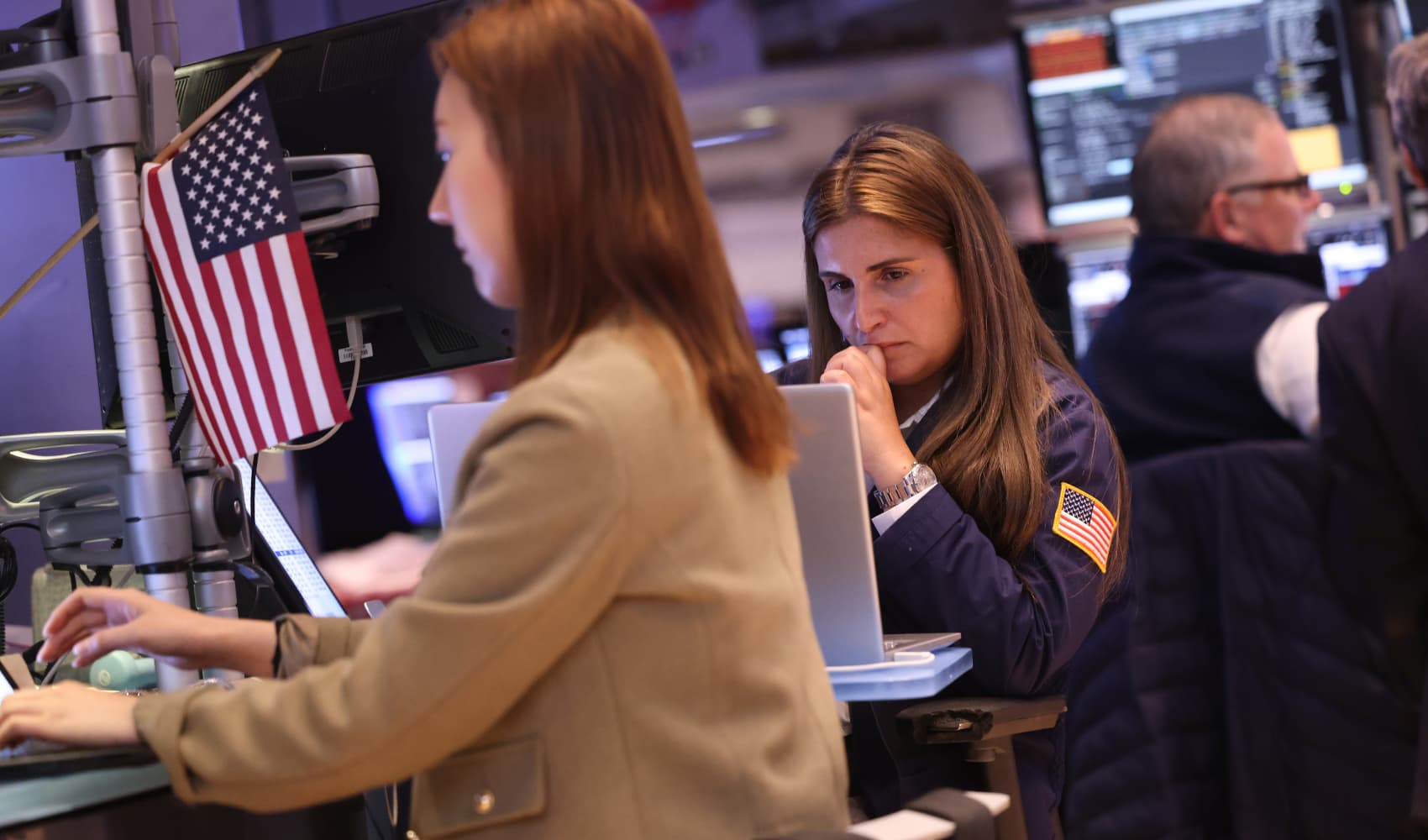
- Singapore is extending its Covid booster program to teens aged between 12 and 17, authorities said. Previously, only those 18 and over were eligible.
- Those who do not receive the additional shot after 270 days will lose their fully vaccinated status. This is in line with the policy for people 18 and older that was announced earlier this month.
- The country also adjusted border measures for people entering the country.
SINGAPORE — Singapore is extending its Covid booster program to teens aged between 12 and 17, authorities announced on Friday.
The health ministry recommends a booster dose of an mRNA vaccine five months after the primary vaccination series. Previously, only those 18 and over were eligible for boosters.
In Singapore, people who do not receive an additional shot after 270 days will lose their fully vaccinated status.
We're making it easier for you to find stories that matter with our new newsletter — The 4Front. Sign up here and get news that is important for you to your inbox.
For teens aged between 12 and 17, the rule kicks in on March 14 — one month later than for the older groups.
Some 88% of Singapore's population have received two shots under the national vaccination program, and 54% of the population has received boosters.
Singapore's announcement comes days after the World Health Organization's Chief Scientist Dr. Soumya Swaminathan said there's "no evidence right now" that suggests healthy children and adolescents need booster shots.
Money Report
The WHO had previously said the general public doesn't need Covid boosters, and that the expansion of such programs limits supply for poorer countries and could prolong the pandemic.
Separately, Singapore shortened the isolation period for children under 12 and vaccinated people who test positive for Covid from 10 days to 7 days.
The country's National Centre for Infectious Diseases found through its studies that the viral load for omicron infections is lower than for delta, and has a shorter infectious period.
Those 12 and older who are unvaccinated will still have to isolate for 14 days.
Adjusting border measures
Singapore also said it will continue to limit the number of people who can enter the country through its quarantine-free, vaccinated travel lane arrangement. The sales of flight and bus tickets will be capped at 50% of its quota.
However, those who enter the country from Jan. 24 onward will need to do only unsupervised, self-administered rapid Covid tests for seven days after arrival if they intend to leave their place of residence. Submission of results is not required.
Currently, after arriving in Singapore, travelers must self-test and submit test results on four days and go to a testing center for supervised testing on two days.
Additionally, travelers who are fully vaccinated and have recently recovered from the virus will be exempted from all testing and quarantine requirements if they are able to provide proof.
"As fully vaccinated individuals who recently recovered from infection have a high level of immunity through their recent COVID-19 infection and vaccination, the likelihood of reinfection is low," the health ministry said in a press release. Such travelers may also test positive without posing any infection risk because they are shedding non-infectious viral fragments, the release added.
Those who are not fully vaccinated but have recently recovered will not need to take a pre-departure test but will be subject to other measures, the release said.
Covid cases in Singapore have been climbing in recent weeks, with the health ministry reporting a weekly infection growth rate of 2.17 on Thursday.
Over the last 28 days, 99.3% of reported cases have had mild or no symptoms. On Thursday, 1,472 infections were confirmed.
The health ministry said 1,001 omicron cases were confirmed on Thursday, of which 952 were local and 49 were imported.
The city-state has reported 297,549 Covid cases and 845 related deaths since the pandemic began.






